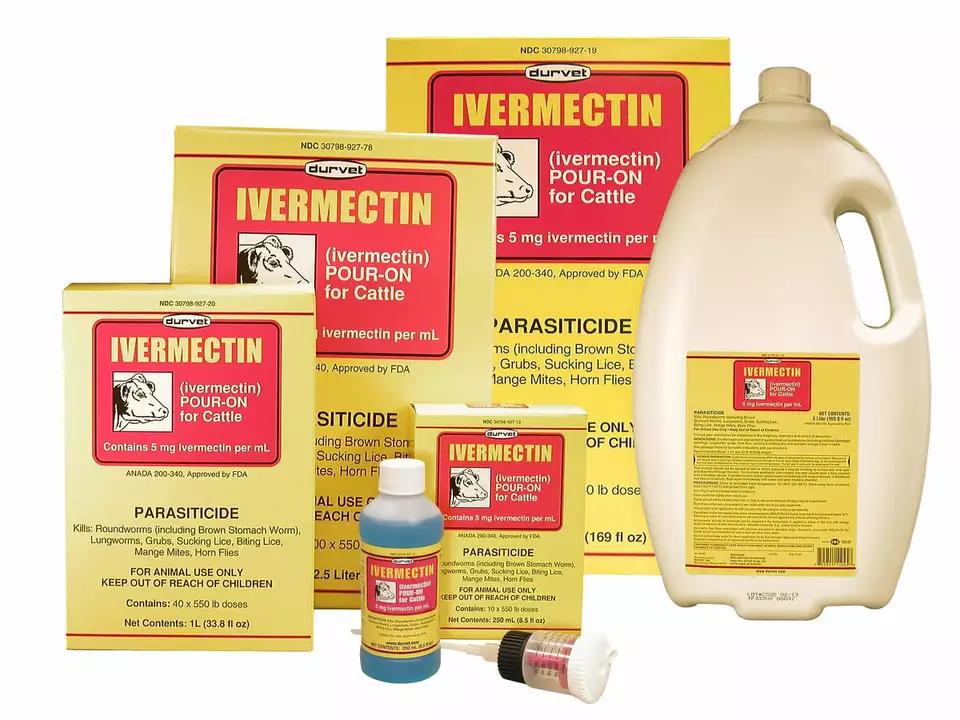Pet Health: Practical Advice for Cat and Dog Care
You want your pet to feel good and stay out of trouble. This page gives clear, practical tips on common issues: parasites, meds, nutrition, vaccines, and when to call a vet. No fluff—useful steps you can apply today.
Start with prevention. Keep a regular schedule for vaccines, flea and tick control, dental checks, and weight monitoring. A simple weekly coat check finds ticks early. Weigh your pet monthly at home or during visits; small weight changes can mean big problems. Preventing disease often saves more time and money than treating it.
Medications are handy but need care. Never give your pet medicine made for another species without vet approval. Dosage matters: vets use weight-based dosing, so a pill that’s safe for a 60 kg person may be toxic to a 6 kg cat. Read labels, measure doses precisely, and store meds safely away from kids and pets.
Ivermectin for Cats: What to Know
Ivermectin treats parasites like ear mites, some mange types, and certain internal worms. Vets prescribe it when needed, and they choose a dose based on your cat’s weight and health. Don’t guess doses from online notes—what works for one cat can harm another.
Typical use is low-dose and under veterinary guidance. Signs of overdose include drooling, tremors, weakness, incoordination, and unusual behavior. If you see those signs after dosing, contact your vet or an emergency clinic immediately. Bring the medication container so the team knows what was given.
Everyday Care Tips
Nutrition and activity shape long-term health. Feed a balanced diet formulated for your pet’s life stage and check calorie needs if your pet is less active. Short daily play sessions help cats stay lean and dogs manage weight. Brush teeth weekly and check ears for bad smells or redness.
Record keeping helps with decisions. Keep a simple file of vaccine dates, parasite treatments, allergies, and past illnesses. Share that file with any caretaker or groomer. If you try a new supplement or medication, note the start date and watch for changes over two weeks.
When in doubt, call your vet. Use mild home care for small problems—clean minor cuts, apply cold compresses for swelling, and offer water if your pet is dehydrated. For breathing trouble, collapse, seizures, or sudden severe vomiting, head to emergency care right away. Your vet wants to help and can stop small problems from getting worse.
Use reliable sources when you look up treatments. Stick to veterinary websites, product inserts, or your clinic’s advice. If you buy meds online, check that the pharmacy is licensed and lists contact details and a clear return policy. Keep receipts and lot numbers in case of recalls. For supplements, ask your vet about interactions with prescription drugs. If a home remedy sounds too good to be true, it probably is—ask first. Small habits—safe storage, written records, and quick calls to your vet—make pet health simple and keep surprises out of the picture. Start with one change today.

Ivermectin for Cats: Safety, Dosage, and Potential Uses
As a cat owner, I've been researching Ivermectin for cats and found that it is a medication commonly used to treat various parasites. It's important to use the correct dosage, as overdosing can lead to serious side effects. Veterinarians typically prescribe Ivermectin for issues like ear mites, mange, and internal parasites. While it's generally safe for cats, some breeds may have a genetic sensitivity to the drug. Always consult with your vet before administering any medication to your feline friend.
Read More